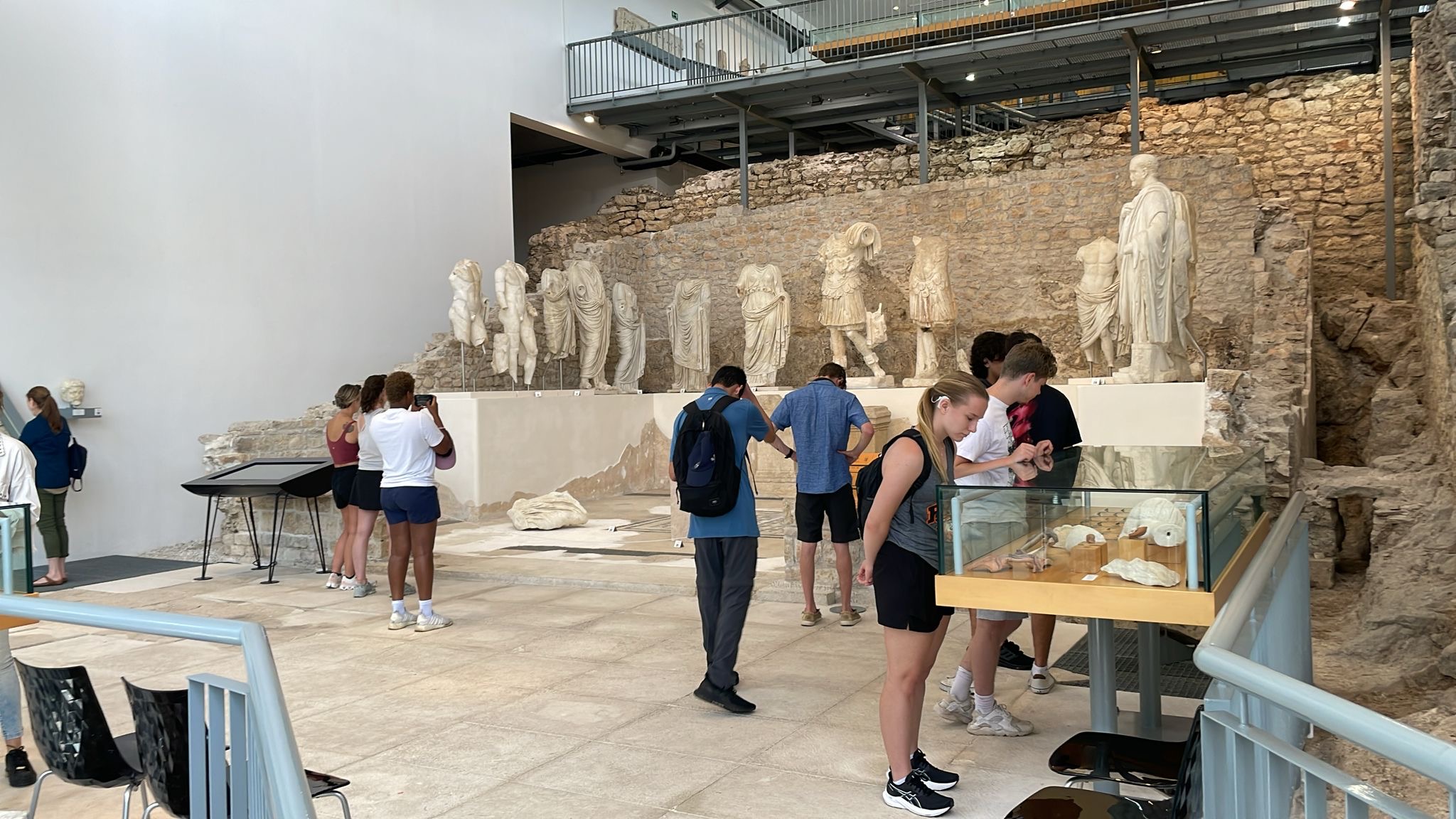Exploring RIT Croatia's Summer Programs: A Gateway to European Culture and Education
RIT Croatia offers a unique set of summer programs designed for RIT students from the Rochester campus, providing them with opportunities to explore European culture while advancing their academic goals. These programs combine classroom learning with immersive experiences, enriching students' global perspectives and providing the students with invaluable academic, professional, and personal growth opportunities by engaging them in the rich cultural tapestry of Croatia and surrounding countries.
This program takes students through Croatia, Austria, and Germany, exploring the cultural influences on modern psychology. Participants study in Zagreb and enjoy a study tour in Vienna and Munich, earning six credits applicable toward a psychology immersion.
Ecology of the Dalmatian Coast and Croatian Wine Tradition
Participants explore Croatia's ecosystems and wine history through classroom studies and field excursions, including a week-long sailing trip to coastal islands. This four-week program includes courses on ecology and global wine traditions, open to all undergraduate majors. Classes are held in Dubrovnik and they include one-day field trips to nearby wine regions. The program ends with a one-week sailing trip across the Elafiti Islands.
Held in Zagreb, this program spans mid-May to mid-August, offering courses in finance, business ethics, operations management, and global business. Credits earned can be applied towards a minor in Business Administration.
Performing Arts Abroad: Global Music
This three-week program, starting in Dubrovnik and ending in Bosnia and Herzegovina, focuses on the music of Southeastern Europe. Students attend performances, meet musicians, and explore local soundscapes, earning three credits in global music culture.
“We’ve had very positive feedback from students who participated in these summer programs”, said the RIT Croatia’s Study Abroad department representatives who added “Studying abroad allows students to learn beyond the classroom and develop adaptable skills to be successful in a rapidly changing global society. Students appreciate the fact that summer programs are also a little more relaxed than full-term study abroad opportunities, and they get immersed into local culture by participating in various activities outside the classroom.”










